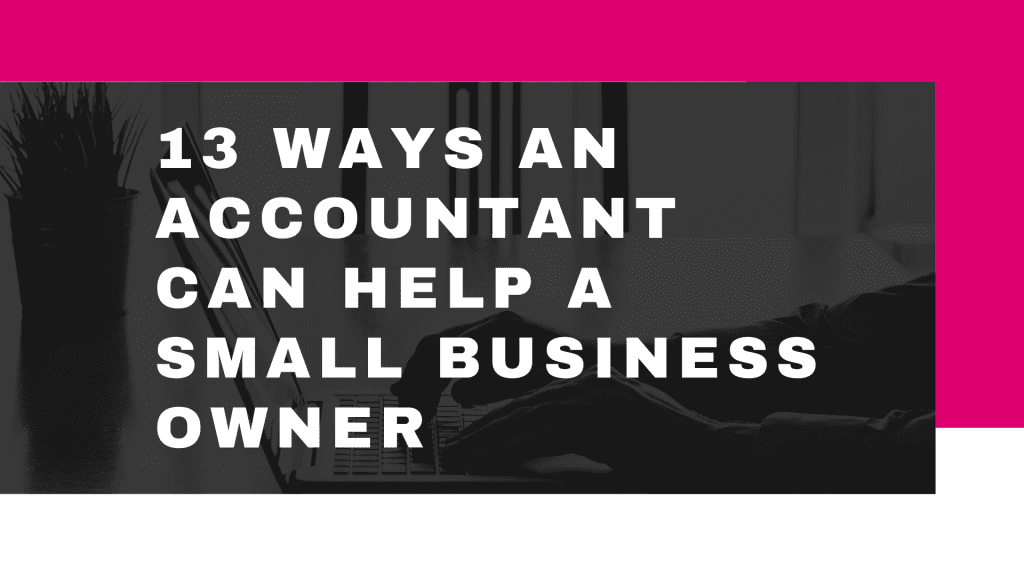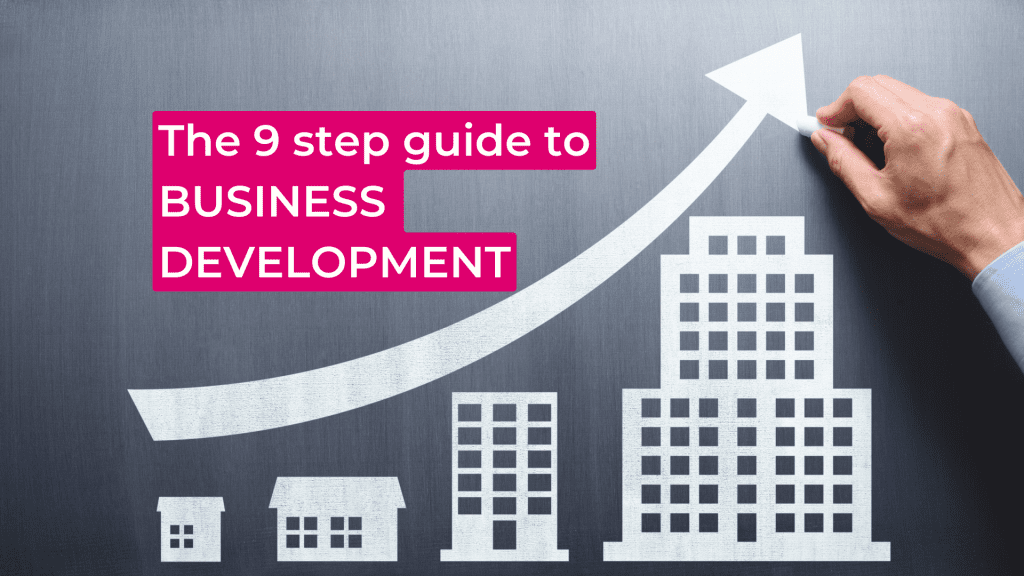
Why you need to ditch perfectionism and embrace failure! Everyone wants to be successful, but there’s a difference between working…

Why you need to ditch perfectionism and embrace failure! Everyone wants to be successful, but there’s a difference between working…

As our businesses grow and evolve, so do the needs of our clients. It is important that our customers always…

There are two huge mistakes that many start-ups or small business owners make. The first one is trying to manage…

It’s no secret that we love Xero! It is the accounting software that we recommend to absolutely all of our…

A fixed mindset is thinking that the recession means business stops and clients don’t want to spend money. A growth…

Facing redundancy can be incredibly challenging, but it could also be the perfect time to start a brand new career…

Are you struggling with your bookkeeping? You’re not alone. Bookkeeping in the construction industry is incredibly complex! So we wanted…

A lot of new businesses fail. A lot of old businesses fail. A lot of previously successful businesses fail. Why?…

Here at 1 Accounts we are invested in helping your business develop and succeed. We find allocating some time each…

With the economy as unpredictable as it has been lately it is essential for small business owners to take a…